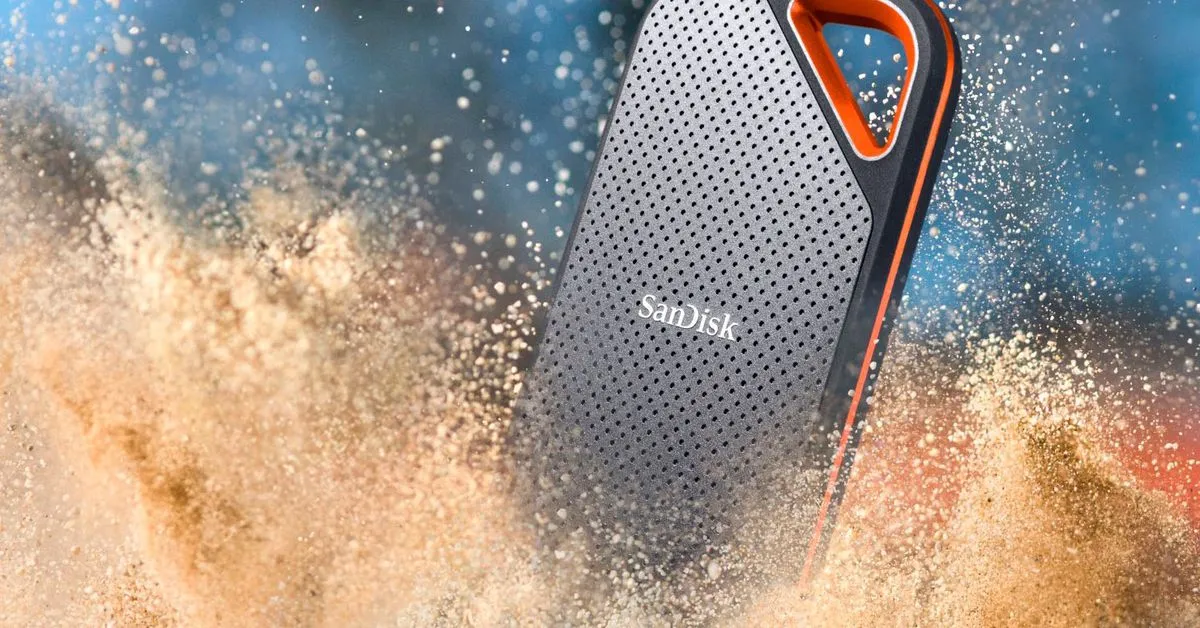“We just lost 3TB of data on a SanDisk Extreme SSD” - The Verge
“We just lost 3TB of data on a SanDisk Extreme SSD” - The Verge

www.theverge.com
We just lost 3TB of data on a SanDisk Extreme SSD

Anyone else have a similar experience with one of these drives?

